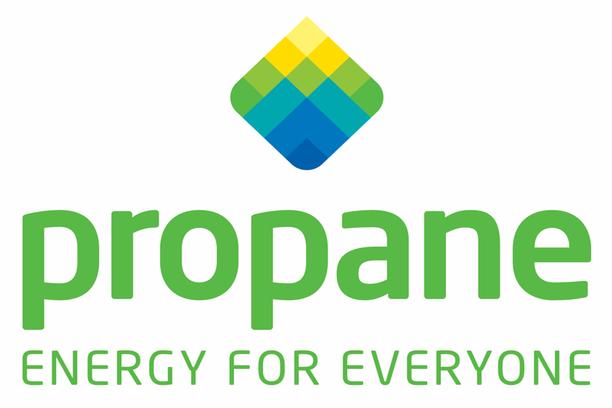Debunking Misleading Claims About Propane School Buses
A recent Vox article by Rebecca Leber titled, “The Propane Industry’s Weird Obsession with School Buses Explained” has sparked debates over the propane sector’s role in school bus transportation. While critics claim that propane-powered buses are no different than diesel buses, the propane industry opposes electrification, and that propane-powered buses offer no substantial air quality… Continue reading Debunking Misleading Claims About Propane School Buses

